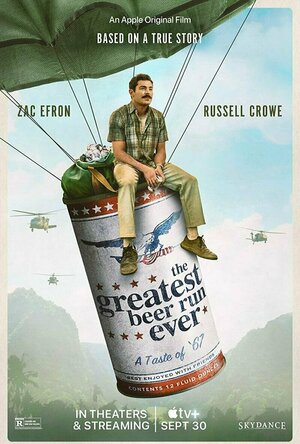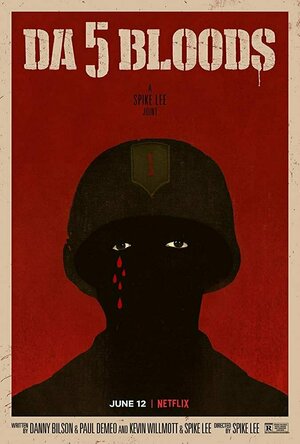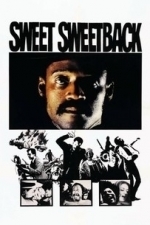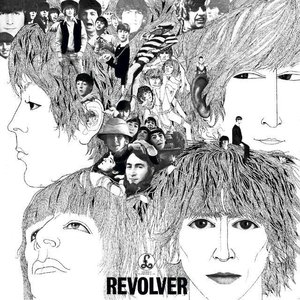BankofMarquis (1832 KP) rated The Greatest Beer Run Ever (2022) in Movies
Oct 10, 2022
This advertisement is doing this film a great disservice for this movie is much, much more than that and deserves some attention - and eyeballs looking at it.
Starring Zach Efron (who has turned into an actor who is much, much more than Troy Bolton of HIGH SCHOOL MUSICAL fame) and directed by Peter Farrelly (one of the Farrelly brothers that brought you such comedies as THERE’S SOMETHING ABOUT MARY and KINGPIN), THE GREATEST BEER RUN EVER tells the tale of a New Yorker in the late 1960’s who is big on talk and little on action. To shut those around him up, Chickie Donohue (Efron) decides to bring his buddies that are fighting in Viet Nam some beer from home. What starts out as a lark, evolves into something much more serious…and meaningful…for both Chickie and the audience.
Efron is quite good in the central role as Chickie and this film needs his inherent charisma in the center of this film as he is in every scene. Efron exudes goodness and sincerity even though, at times, he his speaking out of the sides of his mouth - or a place much further down his anatomy. And, as his character learns more and more about what is really going on in the war in Vietnam, his bravado and bluster fade and we get a glimpse of the real person underneath who is horrified by what he sees in this war.
Russell Crowe - who is finding a career renaissance in Supporting Roles - is strong (naturally) as a war photographer who befriends Chickie and takes him under his wing while the myriad of young, unknown actors who play Chickie’s friends scattered across various theaters of action in Viet Nam are appropriately played as folks who think what Chickie is doing is hilarious to those who are horrified that Chickie would voluntarily enter this war zone.
The tone of the film shifts from fun and silly to deep and meaningful throughout it’s 2 hour, 6 minute run-time, all under the watchful eye of Farrelly. He really has a handle on the deeper war-torn aspects of this film, while he (purposefully, I would imagine) shies away from his expected comedy and zaniness that could have been the first part of this movie. IMHO, Farrelly could have imparted some more zaniness at the start - to give the film a better kickstart (the beginning is a little slow) while also more starkly contrasting the beginning and end of the film - and the change in Chickie because of this experience.
I was drawn in - and touched - by the latter part of this BEER RUN and would strongly encourage everyone to check out this fine film.
Letter Grade: A-
8 stars (out of 10) and you can take that to the Bank(ofMarquis)
The Muhammad Ali Reader
Book
From his status as Heavyweight Champion of the World to his ongoing battle with Parkinson's disease,...
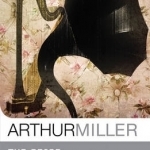
The Price
Arthur Miller and Jane K. Dominik
Book
This Student Edition of Miller's play The Price is perfect for students of literature and drama and...
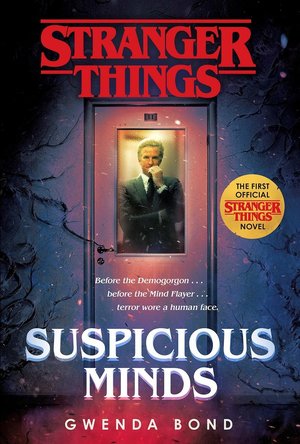
Stranger Things: Suspicious Minds
Book
It's the summer of 1969, and the shock of conflict reverberates through the youth of America, both...
Matt Geiger (15 KP) rated Da 5 Bloods (2020) in Movies
Jun 27, 2020
Continuing Lee’s trend of fusing the past and present together to show that things are definitely still yet to change, Da 5 Bloods finds four African American veterans returning to Vietnam to search for the remains of their commanding officer, “Stormin’” Norman (Chadwick Boseman), and the stash of gold that they found and collectively buried, gold that was initially offered to the indigenous Southern Vietnamese by the CIA as payment for their support of US troops, but taken by the “Bloods” as compensation for their needless sacrifices for a country that has never given them the treatment they deserve despite the fact that they played a pivotal role in helping to make it what it is today. The ultimate goal is nothing that hasn’t been depicted before, but the controversy of the Vietnam War and the experience of combat and violence spills over into today; some of the film’s most striking messages are effectively relayed through a handful of very committed performances from the well-casted ensemble, with Delroy Lindo serving as the beating emotional heart of the film. It’s a career-defining showcase for Lindo, who, as the PTSD-stricken Trump supporter Paul, carries the most weight on his shoulders. He wrestles with personal demons and survivor’s guilt for more than half of his life because of the choices he made during his time in the service, time he and the other Bloods couldn’t avoid because, unlike the privileged white men of America, they were not given the same opportunities to dodge the draft. The disenfranchisement and aimlessness that Lindo merely alludes to through his heart-wrenching performance provides the foundation for the complicated relationship Paul shares with his estranged son, David (Jonathan Majors in the film’s other award-worthy performance), who tags along for the ride in an effort to heal old wounds and bury a deeply-lodged hatchet.
The natural chemistry Lindo shares with the other Bloods (Clarke Peters, Norm Lewis, and Isiah Whitlock, Jr.) is palpable in both the past and present, which blend into one as the screen slides from one aspect ratio to another, shifting from flashbacks of one wartorn world to the present day, in which we find ourselves fighting a different, yet altogether similar kind of war. That these changes in aspect ratios never appear as visually perceived cuts is simply another one of the ways in which Spike Lee seamlessly reminds us that then and now are cut from the same cloth, complete with the same heart-wrenching tragedies that give way to the camaraderie that is necessary to ensure that the proper names get written back into history where they belong. How the four vets are visually represented in their recollections of their commander, which are stripped of the psychedelic imagery associated with previous Vietnam War films in order to cut deeper into understanding what the Bloods’ place in Vietnam is supposed to mean (if it means anything at all), further adds to Lee’s ability to find the haunting parallels between the two time periods that comprise the film.
Spike Lee gets at so many unique and timely concepts that seem perfectly applicable to what’s going on in the world, but where he stumbles is how he goes about explicating these ideas. As a storyteller, Lee is at his best when his narratives gradually develop at a reasonably decisive pace until the tension is fully amplified by the story’s climactic boiling point, at which point there’s no turning back. Such was the nature of Do the Right Thing and, more recently, BlacKkKlansman. The same cannot entirely be said for Da 5 Bloods, which struggles to find a consistent pace and tone during its first act, in which it tries to introduce all of the central ideas at once, along with some unnecessary side stories that carry little to no weight in comparison to the central task and are ultimately resolved in schmaltzy, unsatisfying ways. Moreover, while investment in the film can be maintained throughout, too often is this investment reinforced by the unnecessary moments that serve as detriments to the sequences of dramatic consequence and just might take you out of the story, causing you to restart your investment. Every act has at least one of these moments, with the final result unfortunately falling short of the expectations of some of the genres that are molded into the Bloods’ journey through the Vietnamese jungle. The overtly patriotic and quite distracting score from Terence Blanchard (regardless of whether or not its inclusion was intended as irony) does not help the matter, with many of the best scenes occurring either in silence or alongside the soulful tracks of Marvin Gaye’s What’s Going On album.
Even when Spike Lee stumbles in the execution of his argument, what ultimately matters is the argument itself; while the film begins and ends rather heavy-handedly, telling the viewer things they are bound to already know and incorporating footage that doesn’t need to be there for the point to get across, the sacrifices that Lee chooses to detail and their ramifications for the state of our country to today give the film a degree of value at a time like this, and he is the only director who could bring these issues to the forefront in such an entertaining way. It may not be as good or accessible as his best work, but the calls to action that he has long been affiliated with echo through jungles and cities in equal measure.
What did you guys think of Da 5 Bloods? Agree? Disagree?

Volcano Street
Book
'What would Germaine do?' This is the mantra that Skip and Marlo Wells turn to as they navigate...

Twilight Struggle
Games
App
The #1 rated strategy board game gets its first expansion! Twilight Struggle: Turn Zero is a new...
BoardGames BoardgameApps Greatgames
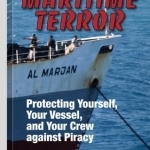
Maritime Terror: Protecting Yourself, Your Vessel, and Your Crew Against Piracy
Mark Monday, Jim Gray and Gary Stubblefield
Book
High-seas hijackings, hostile boardings, and robberies at port or anchorage have exploded world...
